Without her consent, samples of her tumor cells were taken. These cells, named HeLa after the first letters of her name, proved to be exceptionally robust and capable of dividing indefinitely in the laboratory—something that had never been observed before.
Henrietta Lacks’ early life and family struggles
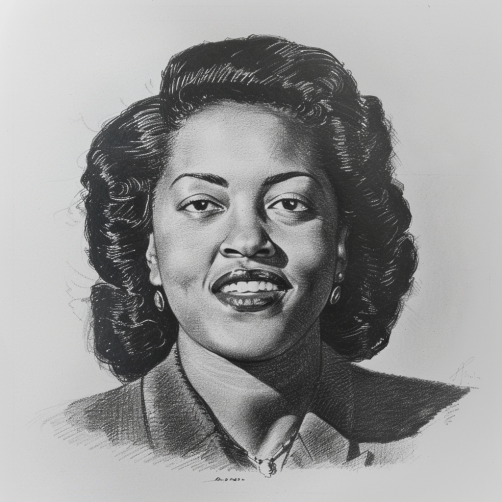
Born Loretta Pleasant on August 1, 1920, in Roanoke, Virginia, Henrietta Lacks faced challenges from an early age. Orphaned at the age of four, she was raised by her grandfather in a humble home, a former slave quarters in Clover, Virginia. Henrietta’s childhood was marked by early labor in tobacco fields and an education limited to segregated schools, only reaching the sixth grade.
In 1935, at just 15 years old, Henrietta gave birth to her first child, fathered by her cousin and future husband, David “Day” Lacks. The couple officially married in 1941 and, seeking better opportunities, moved to Baltimore, Maryland, a few years later. This move marked the beginning of a new chapter in their lives, hoping for better economic prospects away from the rural constraints of Virginia.
The revolutionary discovery of HeLa cells
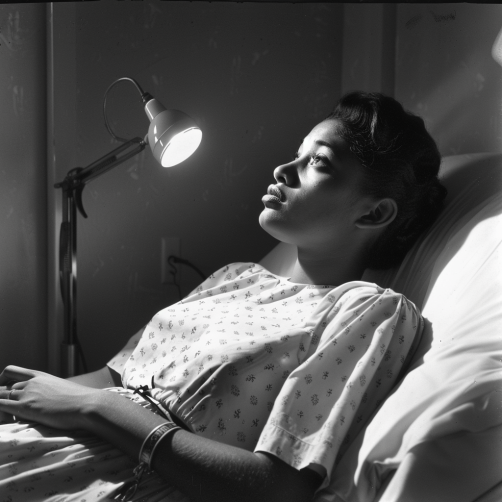
In early 1951, Henrietta Lacks went to Johns Hopkins Hospital for treatment of what was diagnosed as cervical cancer. During this process, and without Henrietta’s consent or knowledge, doctors collected samples of her cervical cells. This sampling led to an unprecedented discovery in the field of medical research.
Once in the laboratory, these cells demonstrated an extraordinary ability to divide and multiply indefinitely. George Otto Gey, the scientist responsible for studying them, named the cell line HeLa, using the first two letters of Henrietta Lacks’ first and last names. HeLa cells became the first human cells successfully cloned, playing a crucial role in countless medical breakthroughs, including the development of the polio vaccine.
This discovery not only marked a turning point in biomedical research but also raised significant ethical questions concerning patient consent and the use of biological material. The story of the HeLa cells remains a central piece in the debates surrounding patient rights and ethical standards in medical research.
Ethical and legal challenges posed by the use of HeLa cells
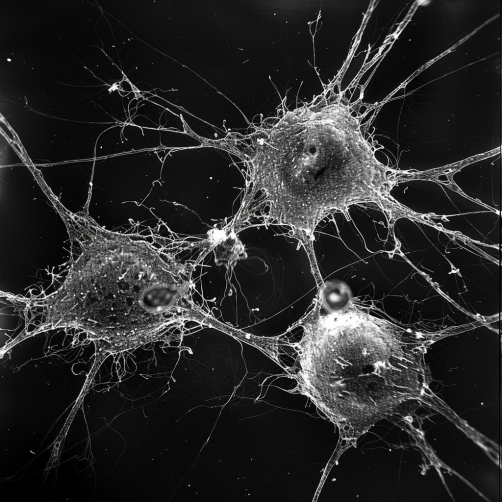
The story of the HeLa cells highlighted major ethical and legal issues within medical research. The cells taken from Henrietta Lacks were used without her explicit consent, raising critical questions about patient rights and informed consent. This situation was exacerbated by the fact that Henrietta’s family was not informed of the existence of the HeLa cell line until 1975, long after her cells had become invaluable to science.
Moreover, neither Henrietta nor her family received any financial compensation for the commercial use of HeLa cells, despite the substantial profits generated by their medical applications. This situation exposed gaps in the regulation of medical and scientific practices, particularly concerning the exploitation of biological samples.
This case served as a catalyst for public debate and significantly influenced medical consent policies. It led to a closer examination of research ethics and prompted reforms to better protect individual rights, ensuring that patient contributions to science are recognized and respected ethically.
Posthumous recognition and the lasting legacy of Henrietta Lacks
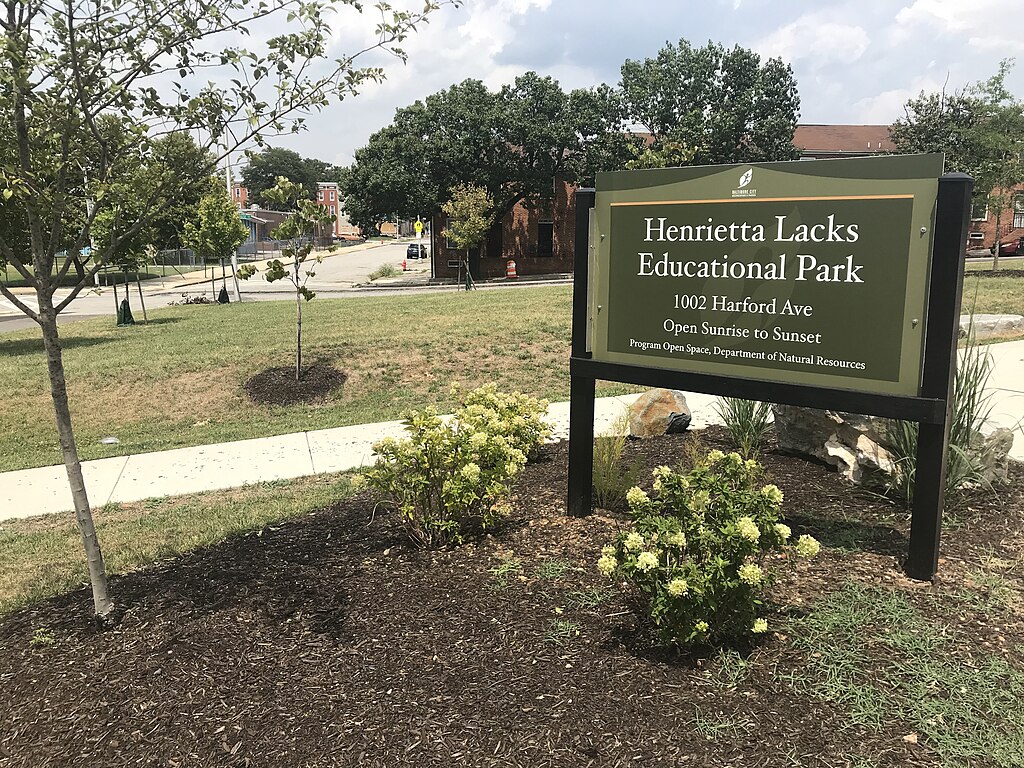
Henrietta Lacks’ invaluable contributions to medical science have been widely recognized, although decades after her death. Renowned institutions such as the Morehouse School of Medicine and Johns Hopkins University have established programs and events to honor her memory and highlight her significant impact.
Her remarkable story also captivated the public, brought to light through works of popular culture. Rebecca Skloot’s best-selling book, The Immortal Life of Henrietta Lacks, and its HBO film adaptation, starring Oprah Winfrey, played a crucial role in disseminating her story.
These works not only educated the public about the scientific importance of HeLa cells but also raised essential questions about medical ethics.
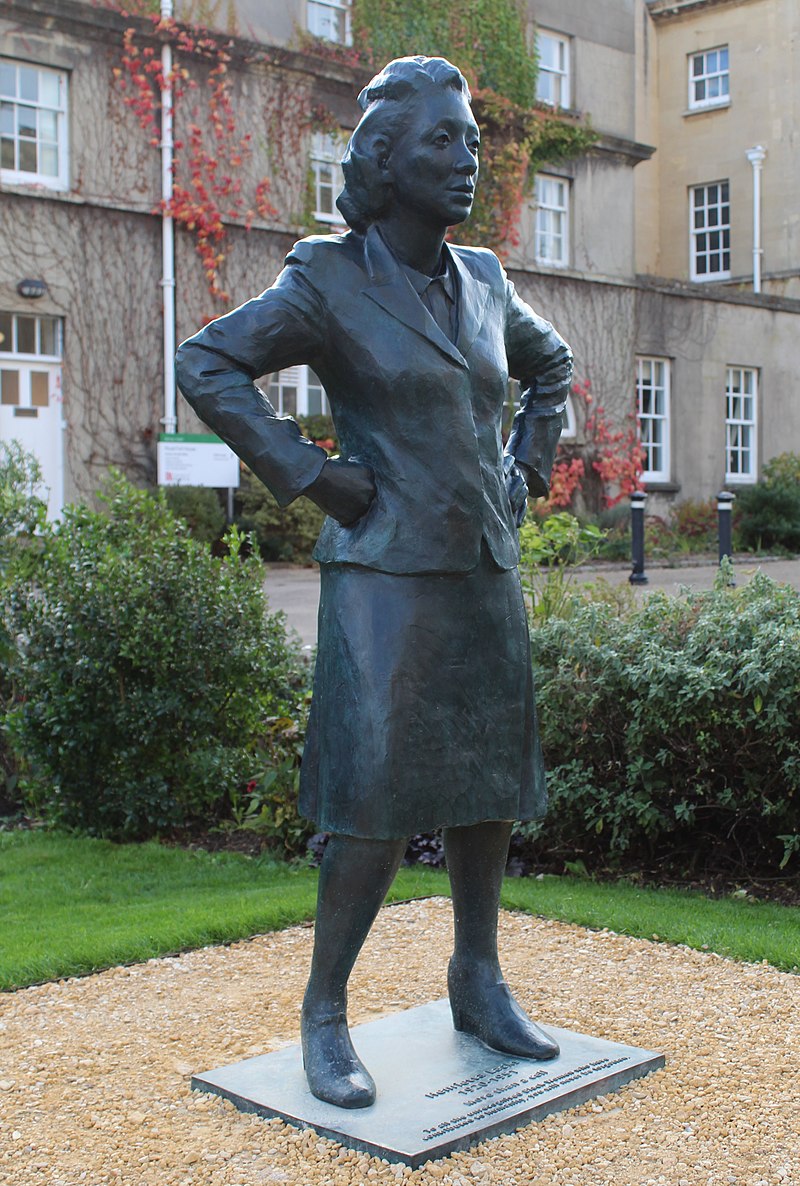
Moreover, Henrietta Lacks’ legacy has been celebrated in various ways, including the erection of statues and the naming of school buildings in her honor, affirming her enduring influence in the fields of medical science and ethics.
These tributes symbolize the growing recognition of her contribution, not just within the scientific community but also in society at large.
Henrietta Lacks’ legacy is a testament to the profound impact one life can have on science and ethics. Her story offers crucial lessons on the importance of consent and recognition in medical research, reminding us of the human stories behind scientific breakthroughs. Henrietta’s cells continue to contribute to medical research, providing invaluable data that benefit humanity worldwide. Her narrative is a powerful reminder of the need for ethical considerations in the pursuit of scientific knowledge.
